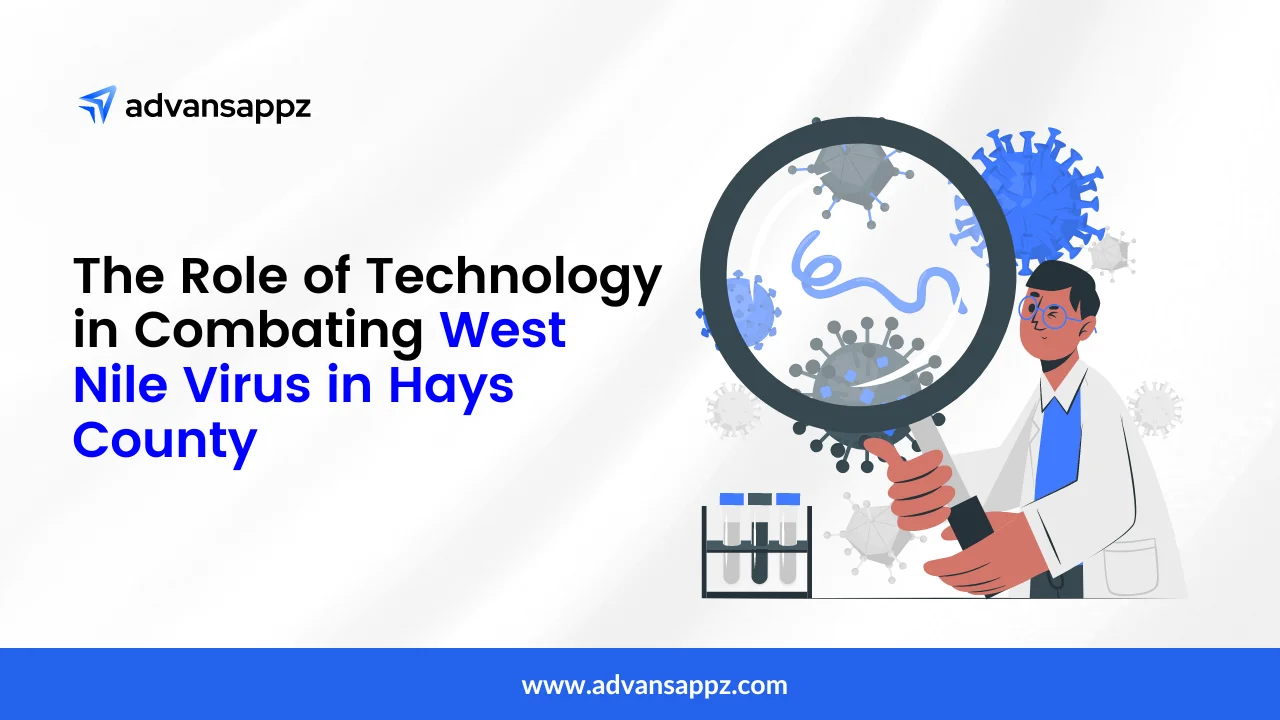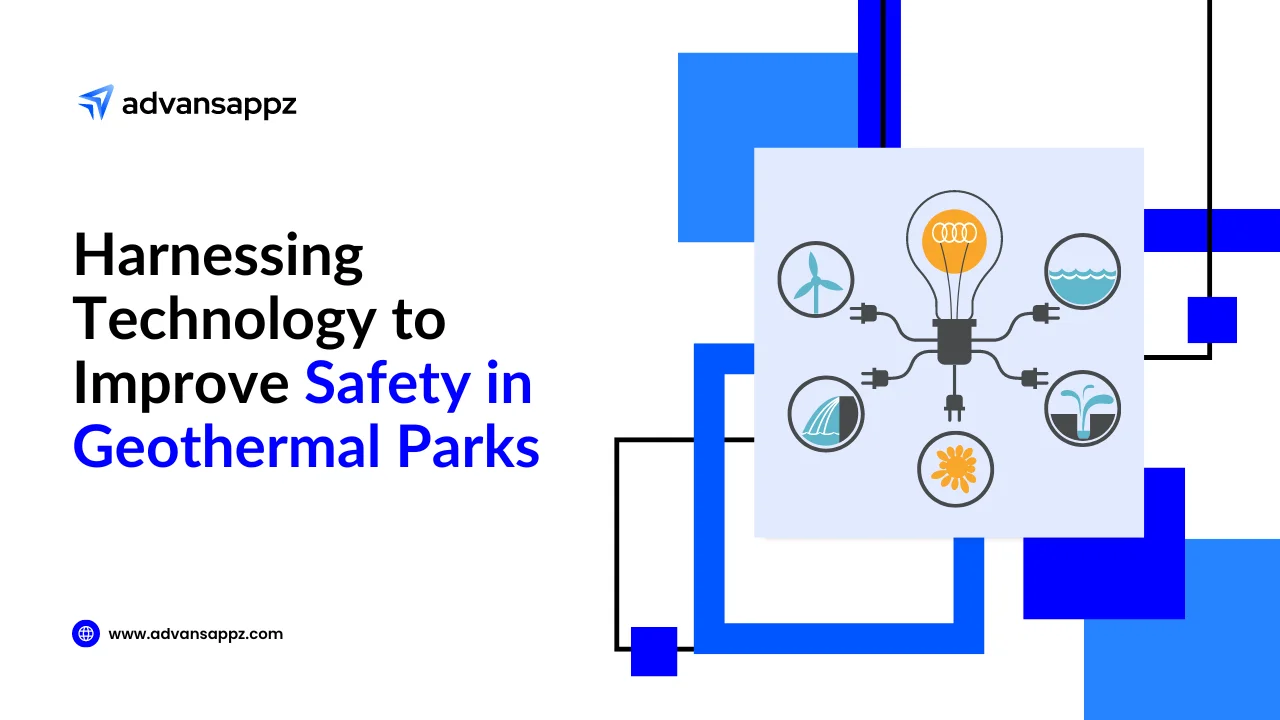Artificial intelligence is no longer a futuristic theory- it’s already here and rapidly transforming our world. From virtual assistants, virtual classrooms, and chatbots to self-driving cars and drones, AI is becoming more sophisticated and integrated into our daily lives. Moreover, as we move into 2023, the impact of AI is only set to grow. In this blog, we’ll take a closer look at some of the most recent and compelling Artificial intelligence statistics across different sectors.
Artificial intelligence is not just a buzzword, but a game-changing technology with the potential to revolutionize how we live and work. So it’s no wonder that businesses, governments, and institutions across the world are investing heavily in AI. The benefits are clear – AI can help companies reduce costs, increase efficiency, and provide better customer service. In healthcare, AI is used to improve patient outcomes and streamline processes. In manufacturing, AI is helping companies optimize production and reduce waste. In retail, AI is enhancing the customer experience and driving sales. And in finance, AI transforms how we invest and manage our money.
In this blog, we’ll explore the latest and most compelling statistics in AI across these four sectors. We’ll dive deeply into the data and provide insights into how AI changes the game. We’ll cover Artificial intelligence statistics related to several industries such as AI in healthcare, AI in manufacturing, AI in retail, and AI in finance. From reducing costs and improving efficiency to enhancing customer experiences and improving patient outcomes, AI significantly impacts the world around us.
So, whether you’re a business owner, a healthcare professional, a retail executive, or an investor, this blog will provide valuable insights into the latest AI trends and statistics. So let’s dive in and see how AI is shaping the future.
Statistics on AI in Different Sectors
AI is transforming all industries, including healthcare, finance, retail, transportation, education, etc. Let’s understand the stats within different sectors.
Artificial Intelligence in healthcare statistics

- AI could potentially save the US healthcare industry $150 billion annually by 2026 (Accenture)
- 73% of healthcare providers use AI for imaging and diagnostics (HealthITAnalytics)
- AI can detect breast cancer with an accuracy rate of 94.5%, compared to 88.4% for human radiologists (Nature)
- The adoption of AI in healthcare could result in a 10-15% reduction in treatment costs (McKinsey)
- AI-powered chatbots can handle up to 90% of patient queries in primary care (National Institutes of Health)
- 40% of pharmaceutical companies are already using AI in drug discovery (Nature)
- AI can help hospitals reduce readmissions by 30% (Optum)
- The use of AI in clinical trials could reduce the time to bring new drugs to market by 30% (PwC)
- AI can help reduce hospital-acquired infections by up to 45% (MDPI)
- By 2026, the global market for AI-powered medical devices is expected to reach $52.2 billion (Markets and Markets)
Artificial Intelligence in Retail Statistics
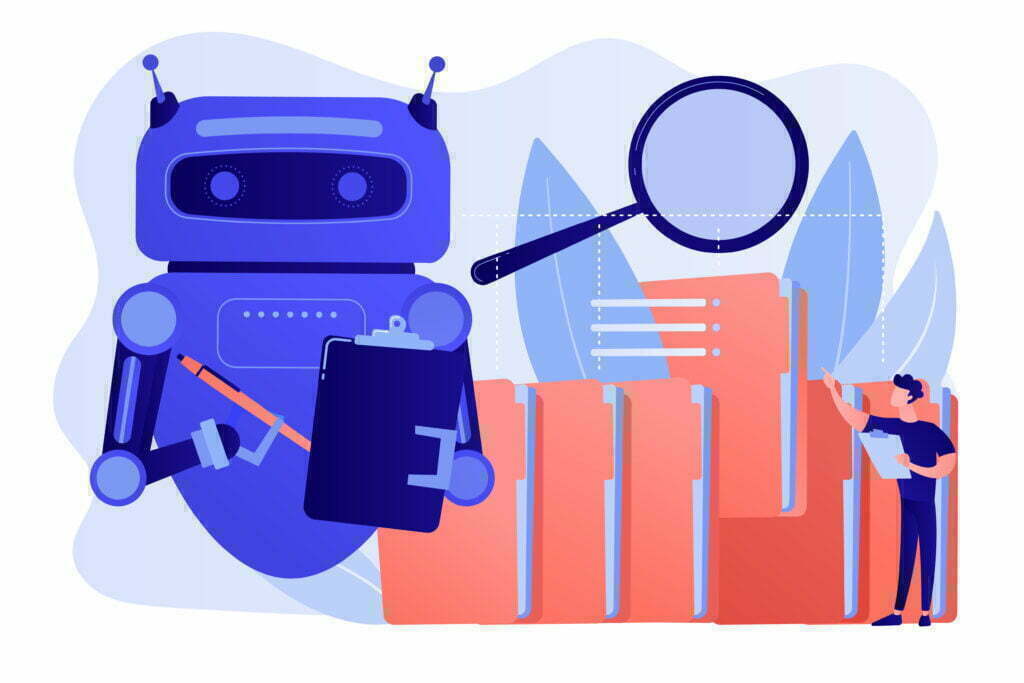
- 84% of retailers believe that AI will help them gain or sustain a competitive advantage (IBM)
- AI-powered product recommendations can increase conversion rates by up to 915% (Barilliance)
- 65% of retailers believe that AI will be used for supply chain optimization by 2023 (Capgemini)
- AI can help reduce out-of-stock items by up to 80% (Forbes)
- The Global chatbot Market is valued at US$ 2.6 Billion in 2019 and is forecasted to grow at a CAGR of 29.7% to reach US$ 9.4 Billion in 2024. (Bloomberg)
- AI-powered visual search can increase conversion rates by up to 30% (Digital Commerce 360)
- AI can help retailers reduce returns by up to 30% (McKinsey)
- The adoption of AI in retail could result in a 37% reduction in supply chain costs (Capgemini)
- AI can help retailers reduce customer churn by up to 20% (Harvard Business Review)
- 51% of consumers are willing to shop more frequently at retailers that offer personalized experiences powered by AI (Salesforce)
Artificial Intelligence in Manufacturing Statistics
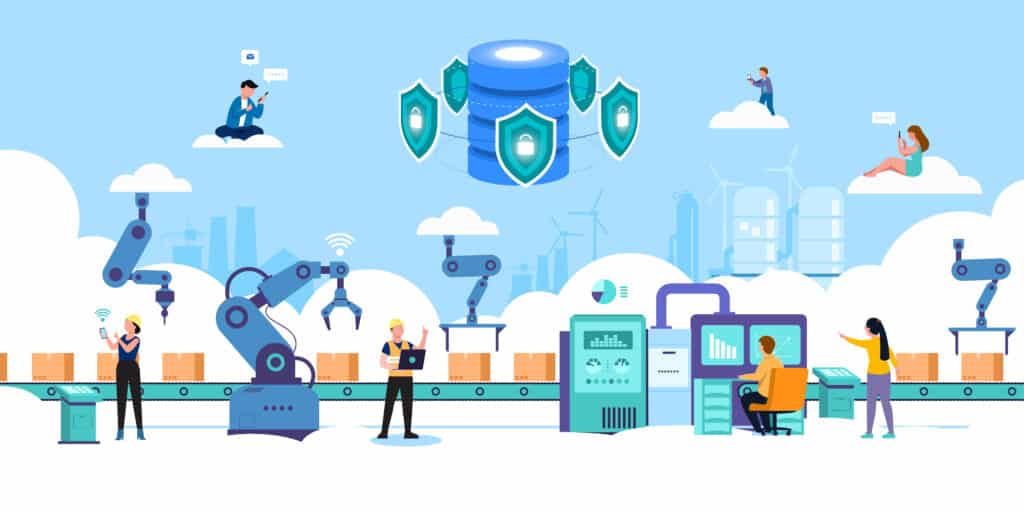
- By 2023, the Global Artificial Intelligence in Manufacturing Market is expected to reach $21.3 billion by 2028, rising at a market growth of 42.2% CAGR during the forecast period. (TheBusinessWire)
- AI can help manufacturers reduce energy costs by up to 15% (McKinsey)
- The adoption of AI in manufacturing could result in a 16% increase in labor productivity (Accenture)
- AI-powered quality control can reduce defects by up to 90% (Deloitte)
- 90% of manufacturers believe that AI will increase efficiency and productivity (PwC)
- AI can help manufacturers reduce lead times by up to 50% (McKinsey)
- By 2025, the global market for AI-powered cobots (collaborative robots) is expected to reach $9.7 billion (Statista)
- AI can help reduce maintenance costs by up to 40% (McKinsey)
- AI-powered process optimization can reduce waste by up to 30% (PwC)
- The adoption of AI in manufacturing could result in a 20% reduction in total production costs (Accenture)
AI in Finance Stats
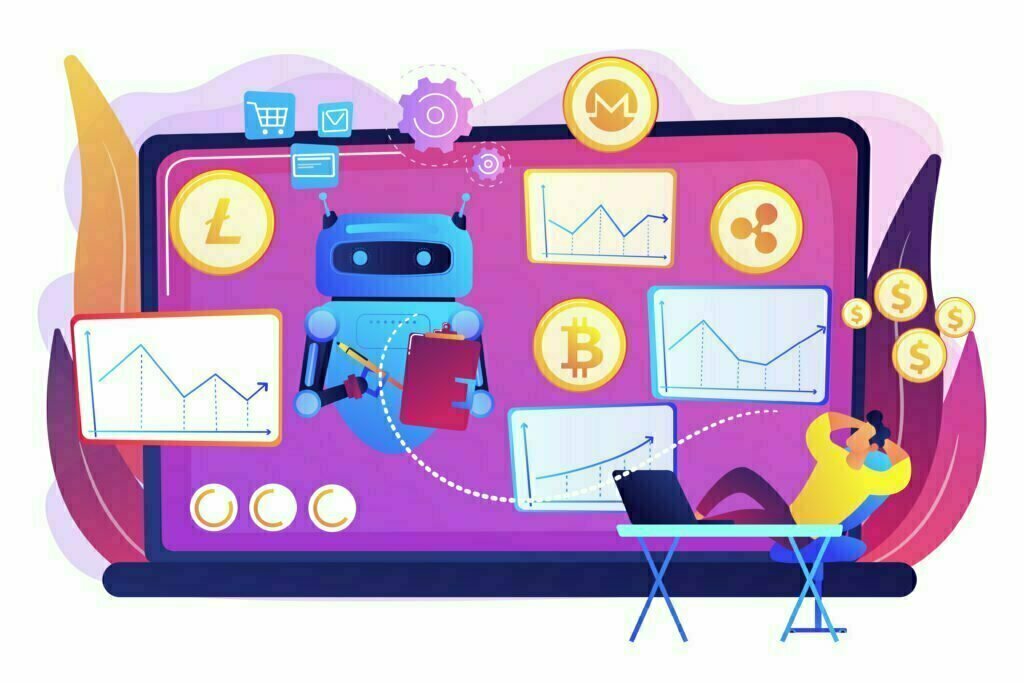
- AI in banking is expected to grow by 21% annually through 2024, reaching $352.2 billion (PR Newswire)
- In 2020, the adoption of AI in the financial services industry grew by 50% (FinTech Global)
- AI can help financial institutions reduce false positives by up to 50% (Business Insider)
- By 2024, the global market for AI in investment management is expected to reach $2.5 billion (PR Newswire) –
- AI can help banks reduce customer churn by up to 15% (Accenture)
- AI-powered chatbots can reduce customer service costs by up to 30% (Juniper Research)
- The adoption of AI in financial risk management could lead to a 25% reduction in credit losses (Forbes)
- By 2025, the global market for AI in the insurance industry is expected to reach $14 billion (Business Wire) –
- AI can help insurance companies reduce fraud by up to 60% (Business Insider) –
- AI can help financial advisors increase productivity by up to 40% (Accenture)
Artificial Intelligence Usage Statistics
The use of AI has increased significantly in recent years, and its impact can be seen across various industries. According to a report by Statista, the global AI market is projected to grow from $28.4 billion in 2019 to $126 billion by 2025. This growth is driven by the increasing adoption of AI in various sectors, including healthcare, finance, retail, and transportation. AI is being used to optimize business processes, enhance customer experiences, and develop new products and services.
Artificial Intelligence Statistics Global
AI is being adopted globally, and its usage varies across different regions. According to a report by Grand View Research, the Asia Pacific region is expected to be the fastest-growing market for AI, with a CAGR of 45.4% from 2020 to 2027. This growth is caused due to the increasing adoption of AI in countries such as China and Japan, which are investing heavily in AI research and development. North America is presently the biggest market for AI, with a share of over 30% in 2019.
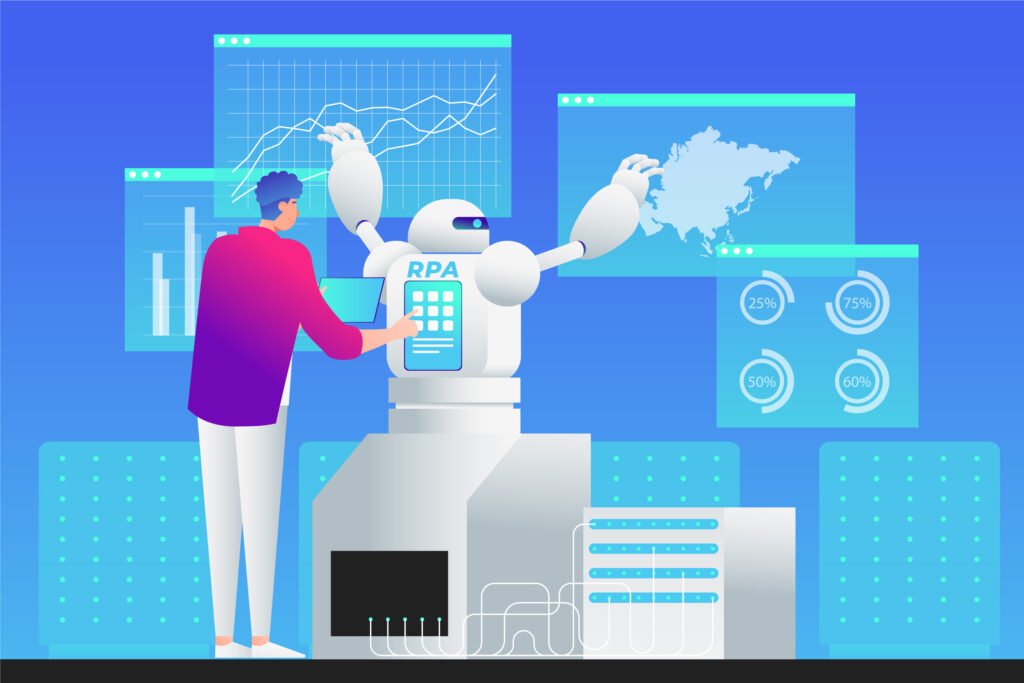
Benefits of Artificial Intelligence
-
Increased Efficiency and Productivity
One of the most significant benefits of AI is its ability to automate tasks, thus increasing efficiency and productivity. AI-powered tools can complete tasks faster and more accurately than humans, and they can work 24/7 without getting tired. This is especially beneficial in industries like manufacturing, where robots and automated systems can work in dangerous or monotonous environments unsuitable for humans. For example, BMW uses AI-powered robots to assemble cars, reducing production time and costs while increasing accuracy and quality.
-
Improved Accuracy and Precision
AI-powered tools can analyze vast amounts of data, identify patterns and make predictions with a higher degree of accuracy and precision than humans. This is particularly useful in industries such as finance, where AI algorithms can identify fraudulent transactions and prevent financial crime. For example, PayPal uses AI algorithms to detect and prevent fraud, saving the company millions of dollars annually.
-
Enhanced Customer Experience
AI can help businesses to provide a more personalized and responsive customer experience. By analyzing customer data, AI algorithms can make recommendations and predictions, allowing businesses to tailor their products and services to individual customers’ needs. For example, Amazon uses AI-powered recommendation systems to present products to buyers based on their browsing or purchase history, increasing customer satisfaction and sales.
-
Better Healthcare
AI is transforming healthcare by providing more precise and timely diagnosis, enhancing patient outcomes, and reducing healthcare costs. AI-powered tools can analyze medical data, identify patterns, and make predictions that can help doctors to make more informed decisions. For example, Google’s DeepMind has developed an AI system that can diagnose medical images to detect conditions such as breast cancer and diabetic retinopathy with greater accuracy than human doctors.
-
Increased Safety and Security
AI can enhance safety and security in various industries by analyzing data and identifying potential threats or risks. For example, AI-powered surveillance systems can detect suspicious behavior and alert security personnel, reducing the risk of crime and terrorism. AI can also improve road safety by analyzing traffic data and predicting potential hazards, helping prevent accidents.
-
Cost Savings
AI can help businesses to reduce costs by automating tasks, improving efficiency, and reducing waste. For example, AI-powered predictive maintenance systems can detect potential faults in machinery before they occur, reducing downtime and maintenance costs. In addition, AI can help to optimize supply chain management by predicting demand, reducing inventory costs, and improving delivery times.
-
Improved Education
AI transforms education by providing personalized learning experiences, automating administrative tasks, and improving student outcomes. AI-powered tools can analyze student data and provide personalized recommendations, allowing teachers to tailor their lessons to individual students’ needs. For example, Carnegie Learning’s AI-powered math software can provide personalized feedback and adapt lessons to each student’s learning style, improving student outcomes and engagement.
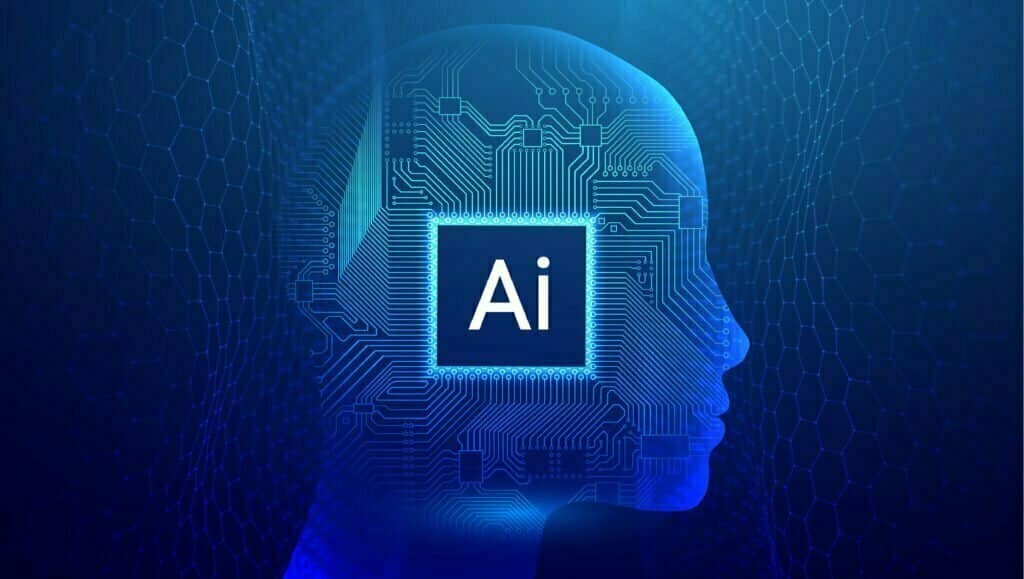
More AI stats to understand how Artificial Intelligence Will Transform Startups and SMEs
Artificial Intelligence (AI) has the potential to transform startups and small and medium-sized enterprises (SMEs) by enabling efficient decision-making, cost reduction, and improved customer experience. Here are some AI statistics that demonstrate the impact of AI on startups and SMEs:
- By 2025, the global AI software market is expected to reach $126 billion, growing at a CAGR of 30.8% from 2020 to 2025 (Statista).
- According to a survey by PwC, 50% of SMEs plan to implement AI by 2022, indicating its growing adoption in the sector.
- AI has enabled startups and SMEs to reduce operational costs by automating tasks and improving efficiency. According to a report by Accenture, AI could save businesses up to $150 billion in operational costs by 2023.
- AI is being used to improve customer experience in startups and SMEs. According to a report by Deloitte, 64% of companies that use AI for customer service have seen increased customer satisfaction, indicating its impact on customer experience.
- AI is being employed to enable efficient decision-making in startups and SMEs. According to a report by Harvard Business Review, AI-enabled decision-making has resulted in a 30% increase in productivity in some companies.
- According to a report by MarketsandMarkets, the global AI in the retail market is expected to reach $19.9 billion by 2025, growing at a CAGR of 34.4% from 2020 to 2025. AI is used in retail to improve customer experience, optimize supply chain management, and enable efficient pricing strategies.
- AI is also being used to improve marketing strategies in startups and SMEs. According to a report by MarketsandMarkets, the global AI in the marketing market is expected to reach $26.2 billion by 2025, growing at a CAGR of 29.7% from 2020 to 2025. AI is being used in marketing to enable personalized marketing, optimize ad campaigns, and improve customer engagement.
Also Check: Types of AI Solutions to scale your business
Final Words
Artificial Intelligence (AI) is transforming various industries by enabling efficient decision-making, cost reduction, and improved customer experience. In 2023-24, AI is expected to see significant growth, with several industries adopting AI for various applications. As AI continues to evolve, we can expect to see more advanced applications that will continue to push the boundaries of what is possible.
So, what are you waiting for? Contact a reputed AI consulting firm today and get ready to transform your business.






